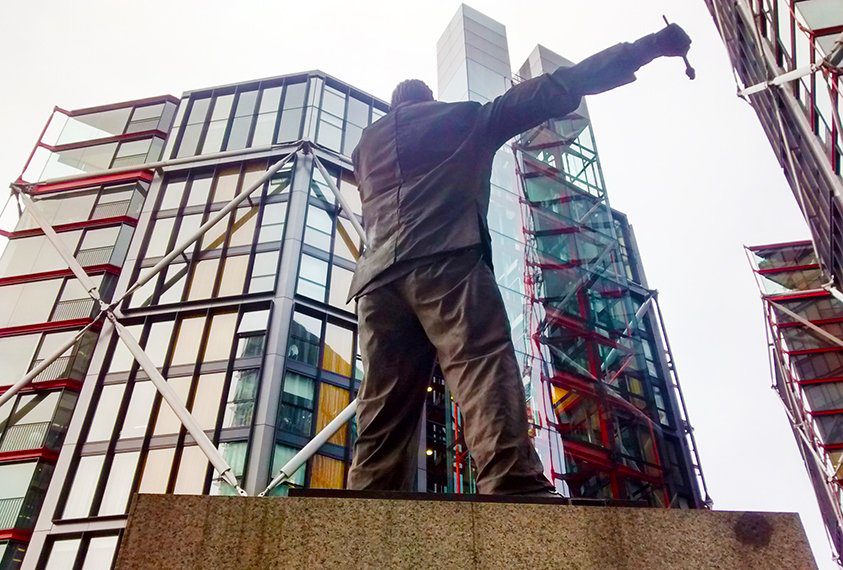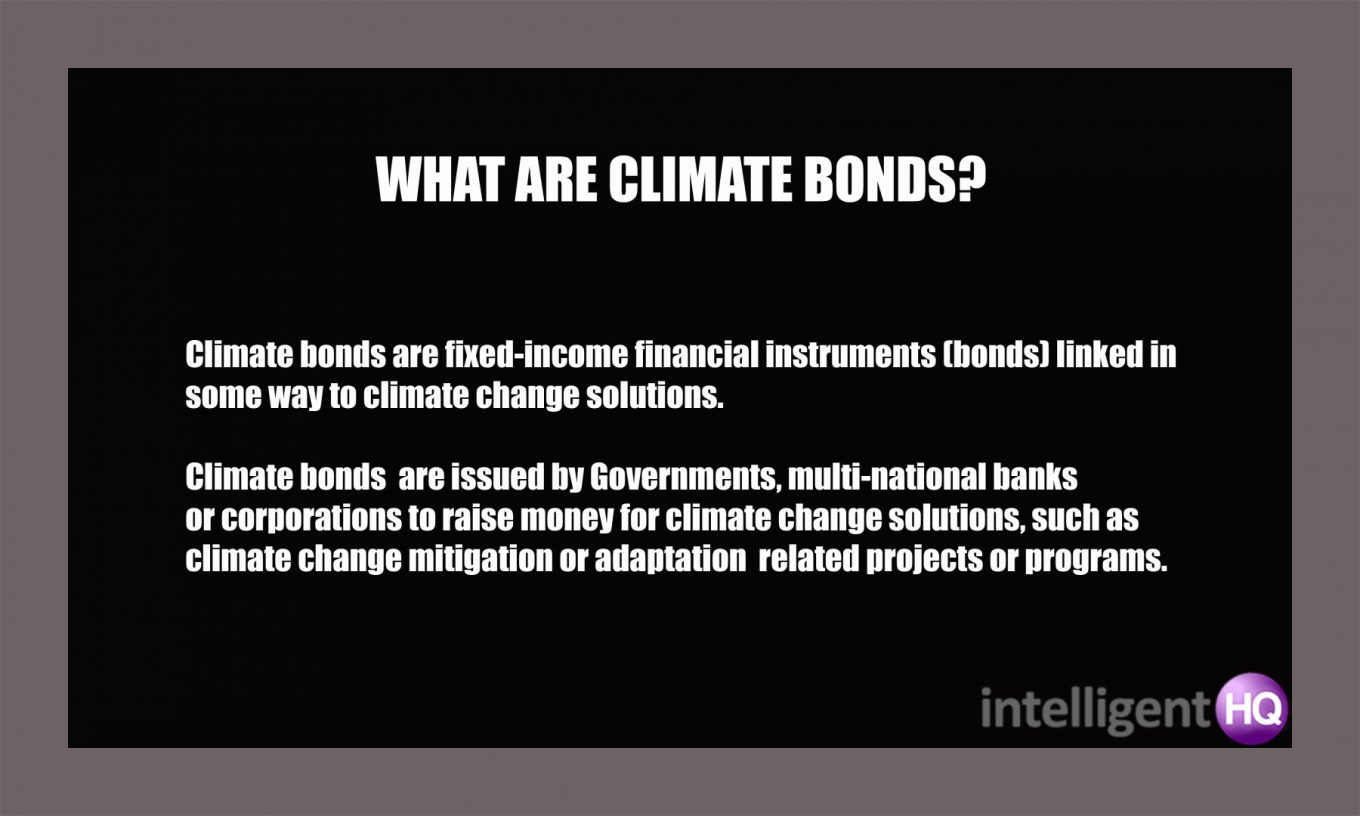
Society faces many challenges today, but perhaps none is more pressing than the need to transform finance through disruptive change. Recently Salt, a new magazine that explores compassionate business thinking, ran an event called Disrupting Finance to hone in on this area.
The event focused on three main areas, namely: Better Banking, Responsible Investing and Technology in Finance. The event was sponsored by three parties. The first was EY, a tax, advisory and assurance leader, Sword Apak Aurius which is a supplier of financial systems in the banking industry in the UK, and Syndicate Room which is unique in the UK as the nation’s only investor led equity crowdfunding platform.
Writing for Salt, Oliver Haenlein (2015) explained that:
“Trust in banks is at an all time low and the financial industry is under huge pressure to offer services people can believe in. Meanwhile disruptors and innovators are multiplying in their numbers and offering creative alternatives.”
The aim of the event was to look at the situation in the finance industry as it stands but also to draw attention to those driving change, and to highlight their solutions. Some of the conferences can be viewed in Salt’s Youtube Channel.
Climate Bonds
One solution, pointed out by Lawrence Bloom, the chairman of Be Energy, was climate bonds. These bonds were outlined to be likely to be a major business in the future, especially as climate change becomes clearer to all.
Climate bonds are fixed-income financial instruments (bonds) linked in some way to climate change solutions. These are issued to raise money for climate change solutions, such as climate change mitigation or adaptation related projects or programs. Some examples of projects can be greenhouse gas emission reduction projects ranging from clean energy to energy efficiency, or climate change adaptation projects ranging from building Nile delta flood defenses or helping the Great Barrier Reef adapt to warming waters.
Climate bonds are a relatively new asset class. They can be issued by governments, multi-national banks or corporations. The issuing entity guarantees to repay the bond over a certain period of time, plus either a fixed or variable rate of return.

Millenials impact on the economy
The event spoke about Millenials role in disrupting current financial models. There is a belief that millennials will drive tremendous change in the industry due to two reasons. Firstly, millennials will soon control a great deal of the wealth, and secondly, there is evidence that suggests that more than two thirds of millennials (69%) view investment decisions as an opportunity to state social, political and environmental values. The same number also consider these types of impacts to be very important indeed in making investment decisions. This takes a major step away from the idea of the past that investment is solely based on risk and reward.
Better Banking Panel
An activity carried out during the event was a “Better Banking” panel. This hosted a range of people with different views to come together to see how cultural change could be driven into the banking industry. Those who participated included Bloom himself, as well as Dr Hamira Riaz who is a Salt writer, Charles Middleton from Triodos, the ethical bank, Omar Shaikh from the Islamic Finance Council in the UK, a Finance Innovation Lab representative, Chris Hewett and Mark Elliot from Sword Apak. Focus was placed on how change is starting to come about, and how everyone has to help nurture the change to help it to grow into improvements for a better economy. The group discussed the major challenges that the finance industry has faced since the turn of the century, including the financial crisis, tax avoidance scandals, PPI mis-selling and foreign exchange libel rigging. All of these were seen to have a negative impact on the industry as a whole.
A more value-led approach to the Industry
One of the speakers at the event was Bruce Davis, the co-founder of a peer-to peer investment website called Abundance Generation. Davis looked at how the industry could take a more value-led approach. The emphasis was on how banks will change if people move their money. This means people need to take action rather than expecting banks to simply change just for the sake of it. He argued that people have to be less conservative to drive this change. A talk by Deirdre Lane, an advisor on banking energy and emissions examined the importance of platforms in the sector and the impact that this would have. Arguably these too will lead to considerable change.
Change is on its way
Overall the event demonstrated how change is already being brought about. While this change may be slower than some might like, and may be somewhat more piecemeal than hoped, it is none the less happening. For example, in areas as diverse as working to the principles of Sharia financing (sharia compliant finance) or finance institutions emerging that allow customers to select finance products that suit them based on their own beliefs and values, change is occurring in many ways and at many levels.
The final call was made by Steve Waygood, the last speaker of the day. He suggested that investors have a responsibility for getting the industry to change its ways by only investing in projects that are ethical. There is much to be done, but the Salt event showed that progress is being made.

Paula Newton is a business writer, editor and management consultant with extensive experience writing and consulting for both start-ups and long established companies. She has ten years management and leadership experience gained at BSkyB in London and Viva Travel Guides in Quito, Ecuador, giving her a depth of insight into innovation in international business. With an MBA from the University of Hull and many years of experience running her own business consultancy, Paula’s background allows her to connect with a diverse range of clients, including cutting edge technology and web-based start-ups but also multinationals in need of assistance. Paula has played a defining role in shaping organizational strategy for a wide range of different organizations, including for-profit, NGOs and charities. Paula has also served on the Board of Directors for the South American Explorers Club in Quito, Ecuador.






























